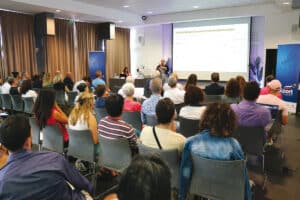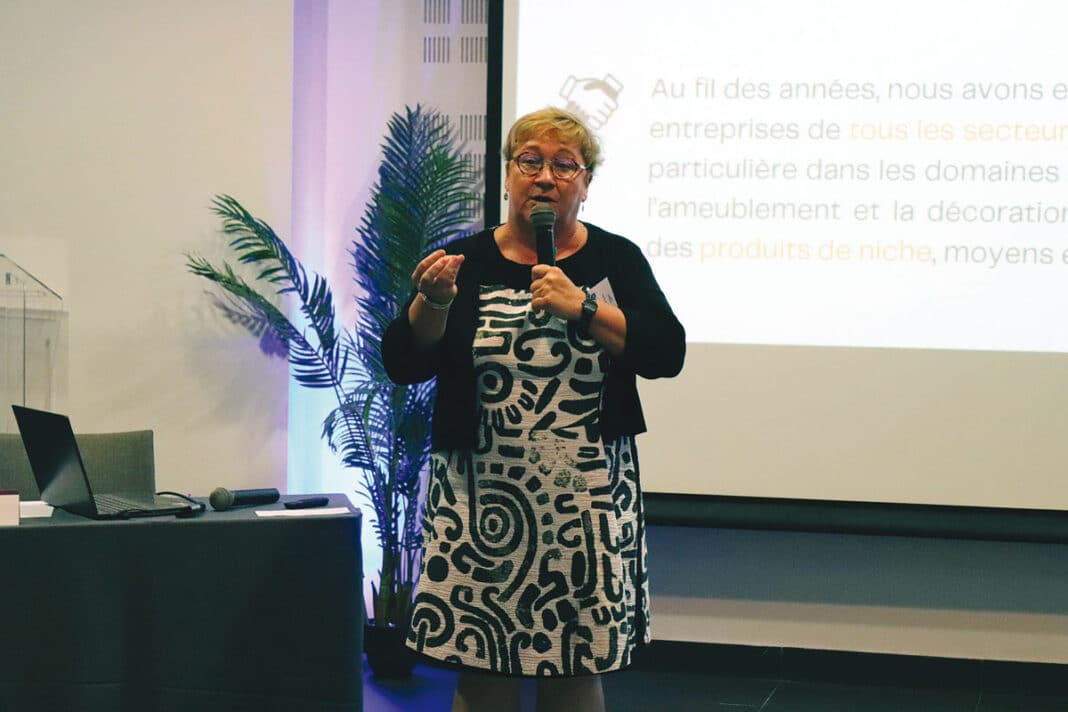The challenge of this project, what the Export club carries in partnership with the chamber of trades and crafts, is of size. If this grouping is a success, others may follow. Cécile Boury, international consulting expert based in Lille, was entrusted with the management of this first experiment which should harmonize the offer of around ten agri-food artisans. Target market : the metropolis.

Benefits and expected benefits
Collaborative grouping makes it possible to reduce, by pooling them, the different costs of exporting, starting with the costs of transporting products to their recipients. But other solutions are possible to reduce production costs, like the traffic jam, filling and storing pots in mainland France. The initial investment amounts to a few thousand euros per year with public aid. On the other hand, participation in the group is not discriminatory. The members of the group remain free to export products not included in the common offer as they wish.. Cécile Boury highlighted other advantages and benefits to be expected : professionalization, the resulting gain in skills for everyone, sharing experience, network emulation. The return on investment will probably vary depending on the producer, customers being able to favor this or that product depending on the periods. “On average, the first sales start within six to eighteen months”, said Cécile Boury.
A name for the group
The collaborative export group should have around ten members. The selection is underway of candidate companies and products that will constitute the collective offer. “Tropical jams do very well in exports”, underlined Cécile Boury. It will then be a matter of identifying the common identity of this offer of products that are complementary to each other and representative of the Reunion region.. A name – the collective brand – will be given to the group. The next stage will see the design and implementation of commercial prospecting tools, catalog and website. The CBCI team will be mobilized to organize participation in one or more exhibitions in order to establish initial contacts and, who knows, collect the first orders. This is the roadmap announced. The first collaborative export group in Reunion should come into action during the second half of the year.












